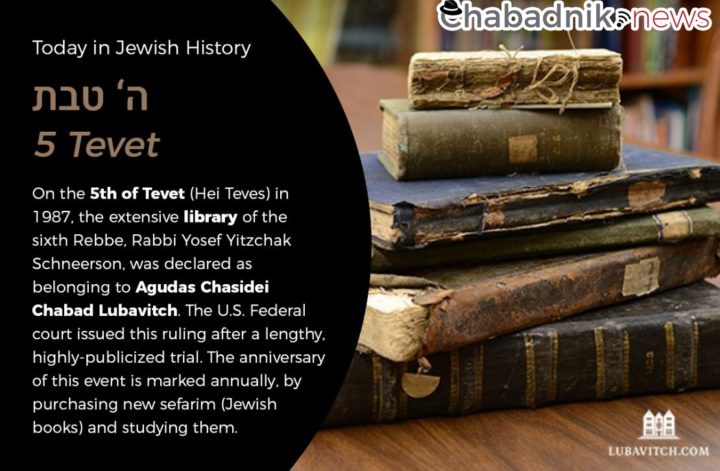I need a rabbi! Help me! I need a rabbi at this moment!” The stunning, ear-parting cry broke the tranquility in the temple.
The initial 30 impacts of the shofar had been sounded, and the network was in quiet examination, imploring the genealogical words in the focal point of the Rosh Hashanah petitions, Musaf—the extra assistance that honors the additional penance offered on Shabbat and occasions during when the Holy Temple remained in Jerusalem.
It was Sept. 15, 1958, the main day of the two-day Rosh Hashanah occasion.
A crazy looking man, broken, cowed, his body shuddering with profound wracking wails, concealed his face in his grasp and whimpered the words, again and again, totally careless in regards to the stunned spectators. Notwithstanding being profoundly drenched in the heavenly supplications, my dad, Rabbi Dovid Schochet, shut his Machzor petition book and left the lectern to mitigate the torment of an individual Jew in emergency.
At that point, my dad was a youthful 26-year-old rabbi who had been sent following he had hitched as a messenger of the Lubavitcher Rebbe to reinforce Jewish life in Toronto. With delicate empathy, my dad guided the man to a seat and encouraged him to plunk down prior to pouring him a glass of water.
Tears spouted from the man’s eyes as he uncovered his adventure. His cherished spouse had taken sick startlingly and disintegrated rapidly to the point that the specialists established that there was nothing that they could do to spare her. She would be dead inside 48 hours.
“Rabbi, if it’s not too much trouble help me. What do I do now?” The man clarified that however totally unaffiliated, he had passed the Chabad community frequently, as he lived on the following square, and had come there directly from his significant other’s clinic bed for direction.
In their discussion, my dad disclosed to the shattered man that a generally huge and significant approach to memorialize the dead was to present the Mourner’s Kaddish. The 2,000-year-old petition is committed to adulating G‑d and is discussed at the day by day morning, evening constantly supplications with a minyan for a very long time.
“Customarily, the Kaddish is said by kids for their folks. Do you maybe have a child who can respect your significant other thusly?” My dad asked, despite the fact that the man didn’t look mature enough to have a youngster who might have the option to satisfy this obligation.
“My lone youngster is a 18-month-old infant young lady,” said the man. “In any case, I will do it. I will respect my better half, the adoration for my life! In spite of the fact that I have never frequented a gathering place, even on the High Holidays, I focus on doing what I have to do!”
My dad clarified that this would include putting on tefillin every morning and asking three times each day with the assemblage in the gathering place.
“I see totally. On the spot, I vow to satisfy my commitment.” The quality of the man’s determination was apparent in his red-rimmed eyes as he went to meet my dad’s look.
“Plainly, G‑d needs a relationship with you in which you interface with Him and welcome Him into your life. G‑d realized that you would venture up and assume liability to respect your significant other by appearing in temple and asking each day,” my dad said. “This is the thing that G‑d needs of you.” The man mulled over my dad’s words.
“So tell G‑d, ‘I comprehend what You need, and I need to do what You need me to do.’ Accept upon yourself to have this relationship with G‑d, and afterward there is no explanation behind your significant other to bite the dust.”
Amidst his torment, the man endorsed his arrangement with G‑d.
At the finish of the Rosh Hashanah occasion, my dad considered the Lubavitcher Rebbe’s office in Brooklyn, N.Y., to relate the subtleties of the occasions that had occurred and to give the Rebbe the lady’s name for a gift.
At the point when he later visited the clinic, he found that the lady was recovering and was relied upon to be released in the following not many days.
The following morning—and at the three every day petitions for the accompanying 11 months—my dad and the network welcomed the appreciative spouse.
“This is the pith of Judaism” my dad disclosed to me. “We should consistently ask ourselves: ‘What does G‑d need from me?’ “
“At times,” proceeded with my dad, “G‑d sends us troublesome difficulties. In any case, similar to a caring guardian, these binds are to assist us with developing by and by and build up a significantly more grounded relationship with Him. What’s more, frequently, we can maintain a strategic distance from the circumstance by learning the exercise and associating all the more profoundly even without going through the difficulty or trouble. At some random time and spot, our association with G‑d can develop, regardless of whether we need to burrow profound and be inventive on the grounds that it’s not the manner in which we have associated with Him previously.”
An ongoing extreme physical issue delivered me fixed and left me doubting my motivation. My dad had intuited my agony and disappointment, thus disclosed to me this story definitely when I expected to hear it most.
“Amazing, G‑d,” I thought, “I felt like You were so distant while I was here at my absolute bottom. I am in good company in this. You are here, and I need You present in my life. I need to be a functioning accomplice in our relationship. I need to do precisely what You need me to do.”


